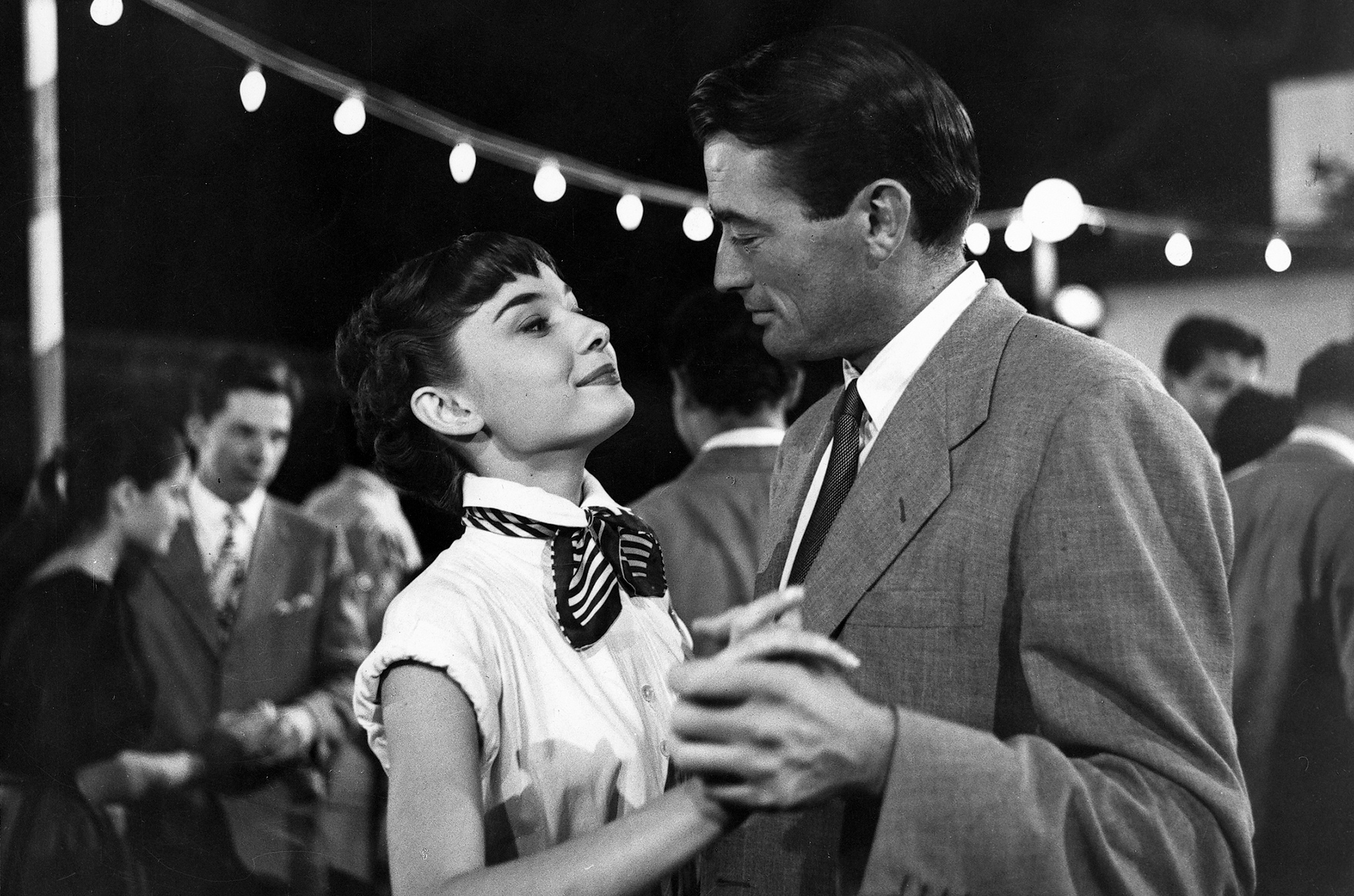deep focus shot
WATCH ME IF YOU CAN | Hollywood and the Blacklist
|
The 2015 biopic Trumbo depicts the struggle that many screenwriters faced during the Red Scare. Dalton Trumbo (played by Bryan Cranston), along with nine other screenwriters, was tried and charged for contempt of Congress under the accusation of writing films promoting anti-American ideals. As a consequence, he and many other writers faced blacklisting, forbidding them from writing and getting paid, wasting an enormous amount of talent. After his jail time, he decided to use the loopholes in his court orders to his advantage. Trumbo wrote films under the identity of Robert Rich (another screenwriter who was away on military leave) and even won an Academy Award for Best Original Story for The Brave One.
